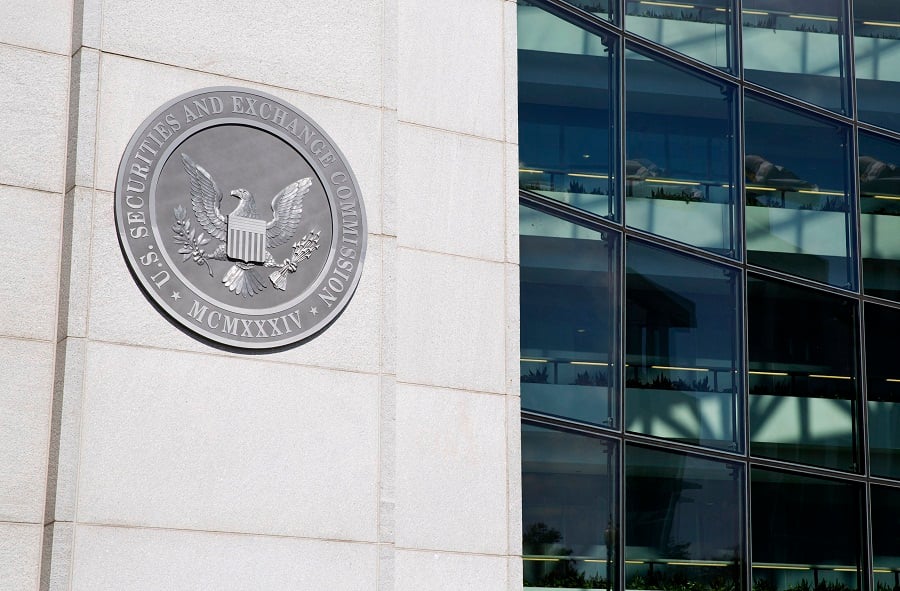

Hedge funds have long complained about U.S. rules that force them to reveal their investments to other traders. For many money managers, that obligation could be going away.
The Securities and Exchange Commission said Friday that it’s considering requiring only investors who hold at least $3.5 billion in equities to disclose their holdings quarterly. Under current requirements, fund managers with at least $100 million in securities must report their investments every three months. The proposal would mark a dramatic easing of rules that haven’t been changed in more than four decades.
If the shift happened, the SEC said that 90% of the dollar value of U.S. stock holdings now reported would continue to be publicly disclosed. Under the plan, almost 90% of smaller fund managers would no longer have to report their investments and their firms would save as much as $136 million a year, according to the agency’s estimates.
Hedge funds, mutual funds and other money managers reveal equity investments in forms known as 13Fs. They must be filed within 45 days of the end of each quarter. The documents show a fund’s holdings in stocks that trade on U.S. exchanges, as well as options and convertible debt. The filings don’t include non-U.S. traded securities or wagers against stocks, nor do they show the price at which a fund bought or sold a security.
“Today’s proposal will update, for the first time in over 40 years, the 13F reporting threshold to a level that furthers the statutory goal of enabling the SEC to monitor holdings of larger investment managers while reducing unnecessary burdens on smaller managers,” SEC Chairman Jay Clayton said in a statement.
Democratic SEC Commissioner Allison Lee said she opposed the change, arguing that the predicted industry cost savings aren’t justification for the public losing “visibility into portfolios controlling $2.3 trillion in assets.” She also questioned the accuracy of the cost-savings estimate and whether Congress actually granted the SEC the authority to relax the disclosure rules as proposed.
“This proposal joins a long list of recent actions that decrease transparency and reduce both the commission’s and the public’s access to information about our markets,” Lee said in a statement.
The SEC will seek public comment on its proposal for 60 days. One impact of the plan is that it could prevent well-known hedge fund managers who have limited investments in stocks from revealing their holdings.
Clayton, handpicked by President Donald Trump, has prioritized easing regulatory requirements for smaller companies by letting them disclose less information than their larger counterparts.

While industry statistics pointing to a succession crisis can cause alarm, advisor-owners should be free to consider a middle path between staying solo and catching the surging wave of M&A.

New joint research by T. Rowe Price, MIT, and Stanford University finds more diverse asset allocations among older participants.

With its asset pipeline bursting past $13 billion, Farther is looking to build more momentum with three new managing directors.

A Department of Labor proposal to scrap a regulatory provision under ERISA could create uncertainty for fiduciaries, the trade association argues.

"We continue to feel confident about our ability to capture 90%," LPL CEO Rich Steinmeier told analysts during the firm's 2nd quarter earnings call.
Orion's Tom Wilson on delivering coordinated, high-touch service in a world where returns alone no longer set you apart.
Barely a decade old, registered index-linked annuities have quickly surged in popularity, thanks to their unique blend of protection and growth potential—an appealing option for investors looking to chart a steadier course through today's choppy market waters, says Myles Lambert, Brighthouse Financial.
